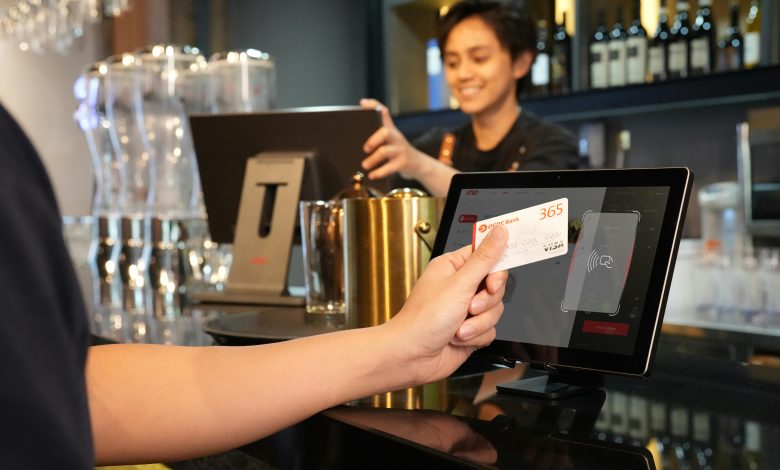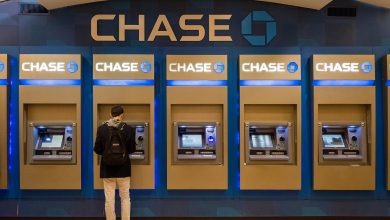How Debit Cards Work

How Debit Cards Work: A Simple Guide
Debit cards are a staple of modern life, allowing us to make purchases, withdraw cash, and manage money with ease. But how do they work, and what makes them different from credit cards? Let’s break it down.
What Is a Debit Card?
A debit card is a payment card linked directly to your bank account. When you use it to pay for something, the money is immediately deducted from your account balance. It’s like having cash in your pocket but with the convenience of plastic.
How Do Debit Cards Work?
Here’s a simple step-by-step of what happens when you use your debit card:
- Swipe, Insert, or Tap:
You can swipe the card’s magnetic stripe, insert it into a chip reader, or tap it on a contactless terminal. If you’re shopping online, you’ll enter the card details manually. - Authentication:
You’ll usually need to enter a Personal Identification Number (PIN) or sign a receipt to verify the transaction. For some contactless payments, skip this step for smaller amounts. - Authorization:
The payment terminal or ATM communicates with your bank to check if you have enough money in your account to complete the transaction. - Transaction Complete:
If your account has sufficient funds, the money is deducted right away, and the payment is approved. If not, the transaction will be declined unless you have overdraft protection.
Key Features of Debit Cards
- Immediate Access to Funds:
Unlike credit cards, debit cards pull money directly from your bank account. - ATM Withdrawals:
You can use your debit card to withdraw cash from ATMs, often without fees if you use your bank’s network. - No Debt Worries:
Since you’re using your own money, there’s no risk of running up a credit card debt. - Spending Control:
Debit cards help you stick to a budget because you can only spend what you have in your account.
Debit Card vs. Credit Card
Debit Card:
- Use your own money
- No interest charges
- Limited fraud protection compared to credit cards
Credit Card:
- Borrowed money with a credit limit
- May have interest charges if not paid off monthly
- Often includes better fraud protection and rewards
Pros and Cons of Debit Cards
Pros:
- Convenient and easy to use
- No risk of interest charges
- Helps avoid overspending
Cons:
- Limited fraud protection
- Can’t build credit history
- Overdraft fees if you spend more than your balance
How to Stay Safe with a Debit Card
- Protect Your PIN: Never share your PIN with anyone and avoid writing it down.
- Monitor Your Account: Regularly check your bank account for unauthorized transactions.
- Use Secure ATMs: Stick to ATMs in well-lit, secure locations.
- Report Lost or Stolen Cards Immediately: Notify your bank right away to block your card.



